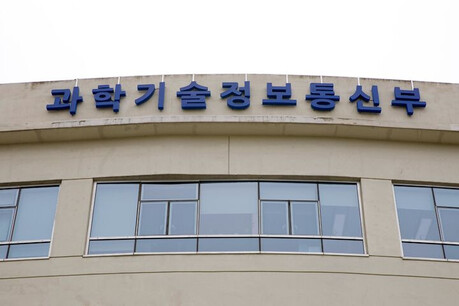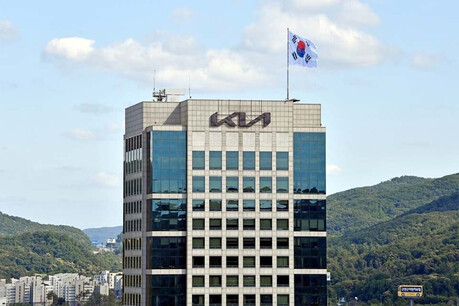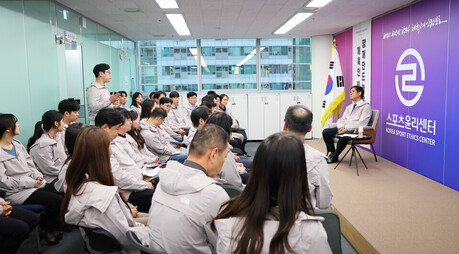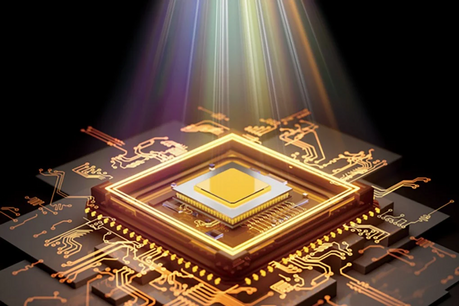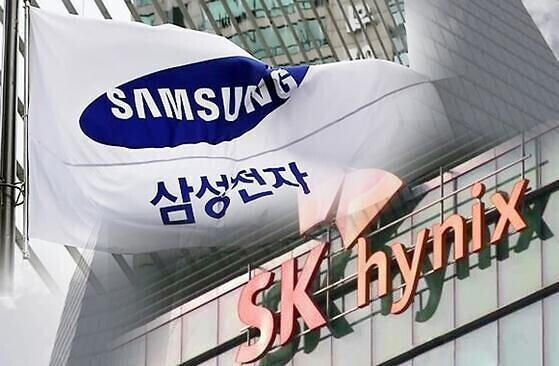
Seoul, South Korea - Samsung Electronics and the National Samsung Electronics Union (NSEU) have reached a tentative agreement on a new labor contract for 2023 and 2024. However, the deal has sparked discussions about wage disparities compared to rival chipmaker SK Hynix.
On November 14, Samsung Electronics announced that it had reached a tentative agreement with the NSEU on a new labor contract, ending nearly ten months of negotiations. The agreement includes a 5.1% wage increase, an expansion of long-service leave, and other benefits that were initially proposed in March.
The NSEU had initially demanded a 5.6% wage increase and improvements to the performance-based bonus system, leading to a prolonged strike in July. However, the final agreement includes additional provisions such as paid time off for union activities and a 2 million won FamilyNet point allocation for all employees.
The 2 million won FamilyNet points, equivalent to approximately 250 billion won when distributed to all 125,000 employees, can be used to purchase Samsung products. The points are valid for two years.
Samsung Electronics expressed its hope that this agreement will foster a harmonious labor-management relationship and contribute to strengthening the company's competitiveness.
Industry analysts believe that the timing of the agreement, which coincided with a significant drop in Samsung Electronics' stock price to a four-year low, was crucial. The company has been facing unprecedented challenges in recent months.
In contrast, SK Hynix concluded its 2024 labor negotiations earlier this year, securing a 5.7% wage increase, a one-time bonus of 4.5 million won, and an extension of long-service leave to 10 days. Given SK Hynix's record-breaking quarterly earnings, the negotiations were relatively smooth.
Industry experts predict that SK Hynix's annual operating profit will surpass that of Samsung Electronics' semiconductor division this year. According to earnings reports, Samsung Electronics' semiconductor division recorded an operating profit of 12.22 trillion won in the first three quarters of this year, while SK Hynix reported 15.3845 trillion won.
"While the starting salaries at both companies are similar, the major differences lie in the performance-based bonus systems and other benefits," said an industry insider. "Given the performance of both companies this year, SK Hynix's employees are expected to receive significantly higher bonuses compared to their counterparts at Samsung Electronics."
The agreement between Samsung Electronics and the NSEU marks a significant development in the company's labor relations. However, the disparity in compensation packages compared to SK Hynix is likely to continue to be a point of contention.
[Copyright (c) Global Economic Times. All Rights Reserved.]

















